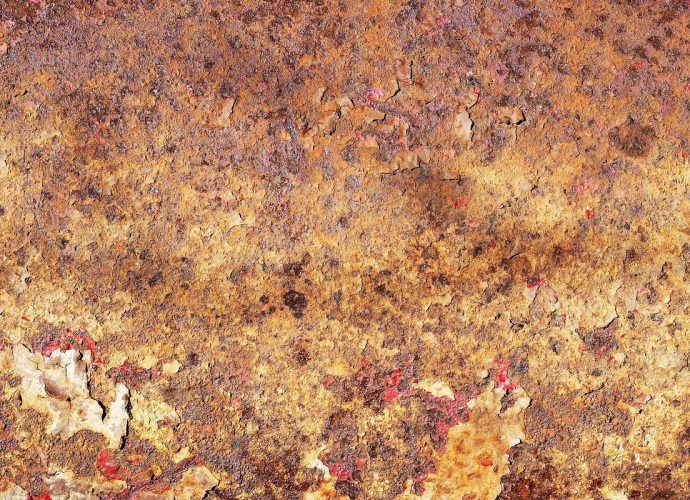Can Canned Sardines Cause Diarrhea?
Feeding too many sardines can lead to weight gain and digestive issues. They are rich, so make sure you are feeding an appropriate amount, and account for these extra calories in your pet’s regular feeding guidelines. Is it OK to feed dogs canned sardines? That can of sardines that’s beenRead More →




